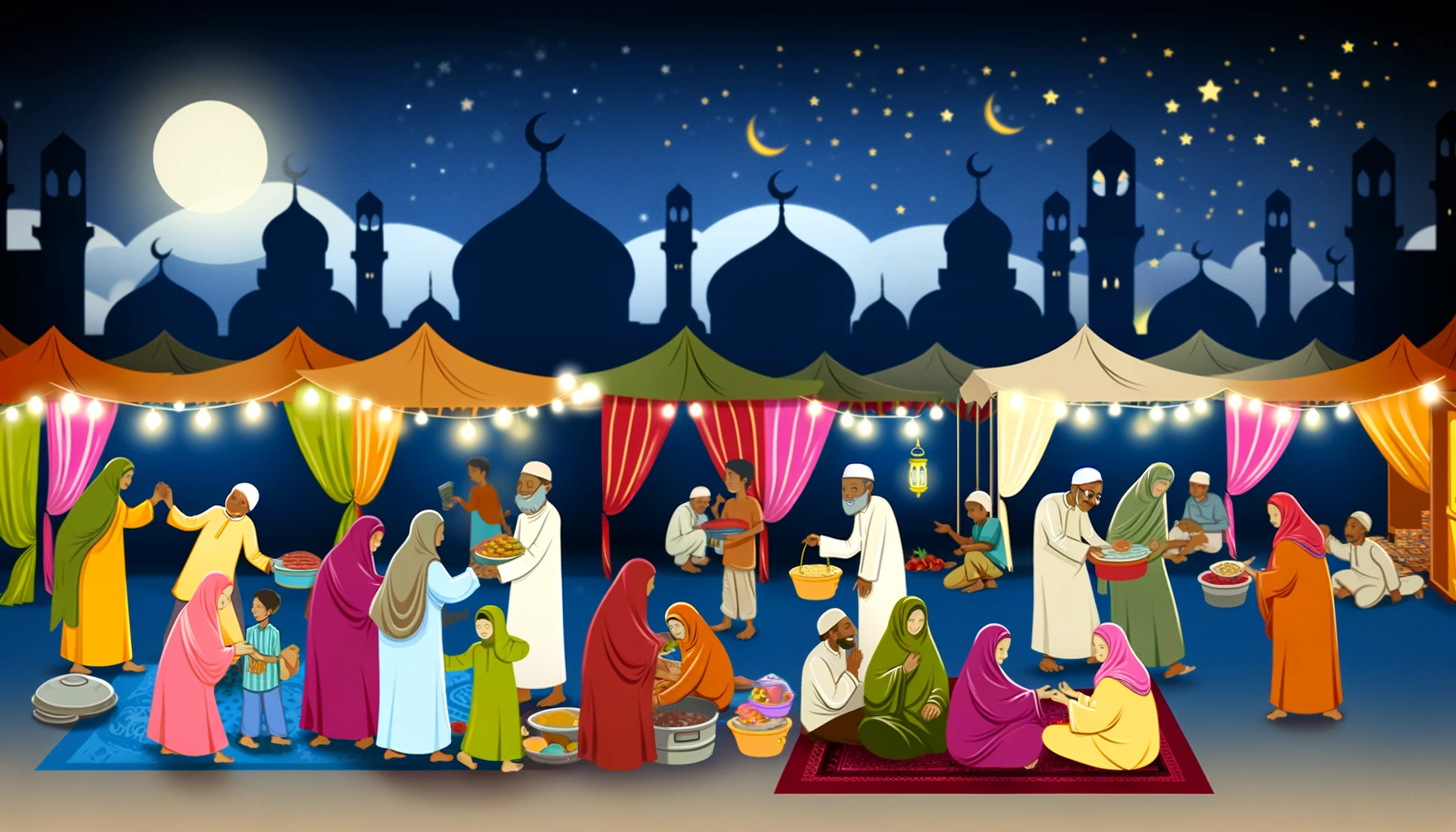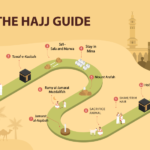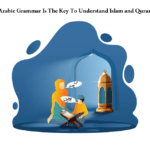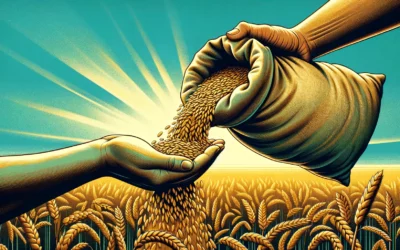Introduction
Fasting during Ramadan is a key and rewarding part of the Islamic faith, representing the fourth pillar of Islam. It’s a challenging form of worship, but Allah understands that sometimes people can’t fast due to unavoidable reasons. When Muslims can’t complete their fast and won’t be able to make it up later, they have an option called ‘Fidya.’ This is a required charitable act where Muslims give enough to provide two meals for those in need for each day of fasting they miss during Ramadan.
What is Fidya Meaning?
Fidyah refers to a charitable donation, either in the form of money or food, given to help the needy. This act of charity is made in place of fasting during Ramadan when someone cannot fast due to reasons like illness or old age. It’s important to note that Fidyah is specifically for fasts missed for legitimate reasons and does not apply to fasts missed intentionally.
Importance of Fidya:
Beyond making up for missed fasts, Fidya also benefits the community. The donations of food and money support families in need globally. Thus, even if someone cannot fast due to illness, they still earn Allah’s rewards by aiding others. Understanding the true spirit of Fidya and contributing to society can help enhance one’s faith during Ramadan.
Who can Pay Fidya:
Fidya is specifically for those who cannot fast for the entire month of Ramadan, are unable to make up the missed fasts later, and will likely never be able to do so. All three conditions must be met; otherwise, the obligation of Fidya does not apply. In other situations, Muslims are expected to make up the missed fasts.
The individuals eligible to pay Fidya instead of fasting include:
- Pregnant women
- People with chronic illnesses
- Those who become ill for a short time during Ramadan
- Individuals taking medication that prevents fasting
- Muslims who are 65 years old or older
How Does Fidya Work:
Fidya is about providing a meal for one needy person for each day of fasting missed. When selecting the food for Fidya, it’s important to choose items that are common and readily accepted by the local community, avoiding exotic or unfamiliar foods. Historically, the amount of Fidya was determined by specific measures of grain or wheat, as practised and established by Prophet Muhammad (PBUH). The measurements used were the Sa’ and the Mudd. A Sa’ equals four double-handfuls of grains, while a Mudd equals one double-handful.
How to Calculate Fidya?
The Conventional Way:
The quantity of Fidyah is believed to be equal to a Sa’, half of a Sa’, or a Mudd. Sa’ and Mudd are instruments with customary volumes of measure that date back to the Prophet’s (PBUH) period but are no longer in use. As a result, today’s Fidyah computation is based on an approximated translation of the quantity of grain contribution from these measures to grams/kilograms. Although there is a discrepancy in the precise equivalent weight, the following are the two most usually proposed calculations:
The Fidya Calculator:
The measurements for Mudd and Sa’ in terms of weight are as follows:
- A Mudd (1 double-handful) is between 0.650 kg and 0.675 kg.
- Half a Sa’ (2 double-handfuls) ranges from 1.3 kg to 1.35 kg.
- A full Sa’ (4 double-handfuls) equals 2.6 kg to 2.7 kg.
Fidya Calculator in Currency:
It is also possible to pay the value of Fidya in a currency amount. The amount paid in currency must be equal to the needed food measurement, and the funds will be utilized to purchase food that can be distributed to the underprivileged. This sum varies in every country, based on various criteria such as currency and market value of staple food.
The formula:
Individually, the amount may be computed using the following formula:
Number of missed Fast x Price of Food (KG) = Amount of Fidyah Due.
Why To Pay Fidya?
To Help People in Need:
Many Muslims choose to donate their Fidya during Ramadan, with some preferring to wait until the last ten days, hoping to coincide with Laylatul-Qadr for greater rewards. However, this approach doesn’t align with the preferred Islamic practice for giving Fidya. It’s more meritorious to donate Fidya early in Ramadan, as this not only complies with Islamic teachings but also ensures that the contributions can be used to provide Iftar meals for those in need during the later part of the month.
To Whom Should you Donate Fidya
Look Around:
Allah (SWT) mentions in the Quran:
“Fast for a specific number of days, but if one of you is ill, or on a journey, on other days later. For those who can fast only with extreme difficulty, there is a way to compensate- feed a needy person. But if anyone does good of his own accord, it is better for him, and fasting is better for you if only you knew”. Qur’an 2:184
Fidya donations may make a tremendous impact on the lives of the world’s most vulnerable and needy individuals. Muslims can provide these individuals with a nutritious Iftar and Suhoor meal through Fidya for missed fasts. Further, one should not deliberately omit fasting, as its obligatory for Muslims.

















